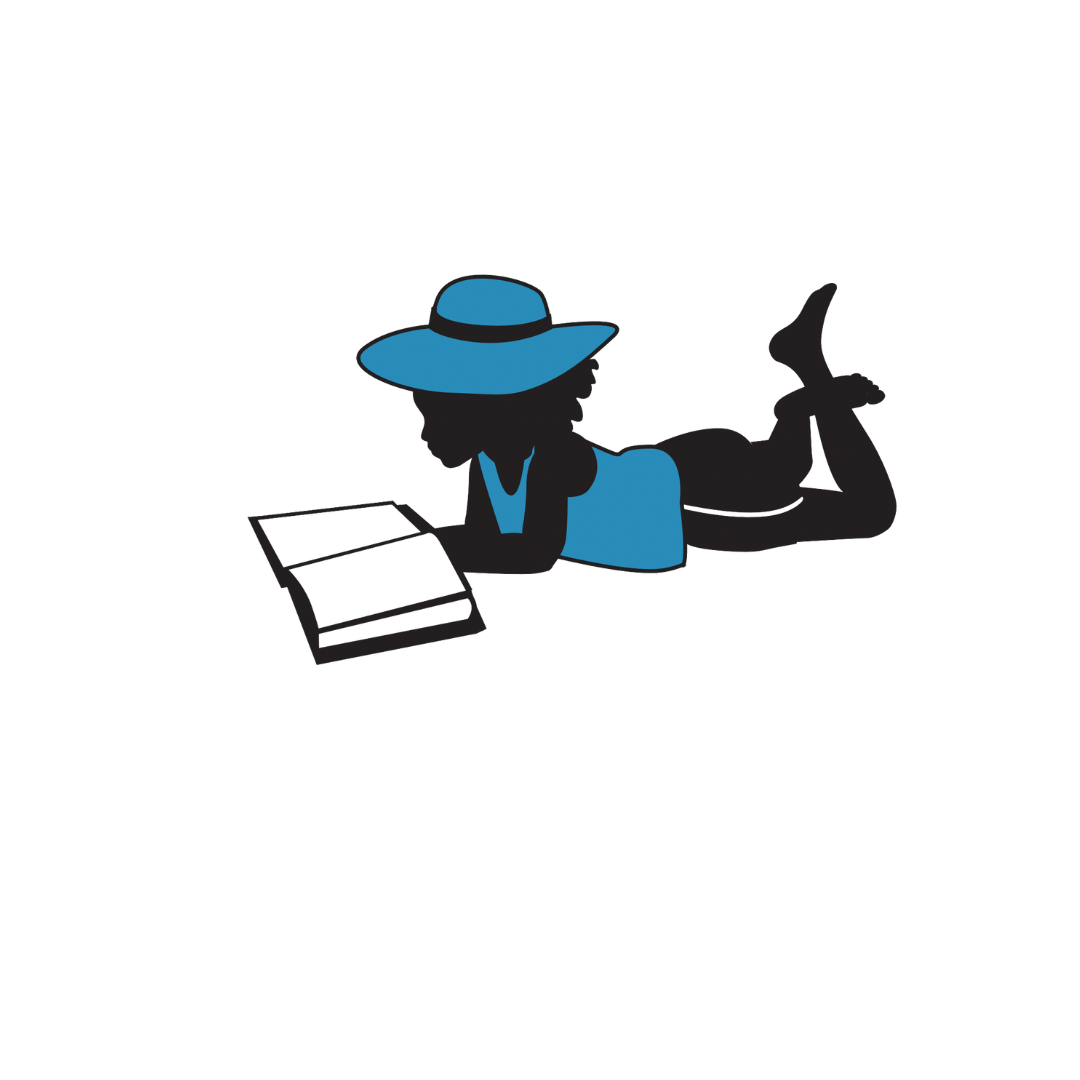Why I Wrote Bushyhead
Our youngest daughter Meadow has the most glorious head of hair. It got curlier and bushier as she got older, and had a will of its own. We were going to make sure she loved her hair. It was going to be different from my own childhood where society made me feel that my curly hair was less than perfect. I spent years wishing for straighter hair. We wanted Meadow to embrace her natural curls and not feel as though her hair needed to be fixed.
As parents, we can only do so much. Society takes over. At daycare, a black woman approached me and told me she could help me with products to tame Meadow’s hair. I know she was trying to be helpful but it sent the wrong message. Then on another occasion, a South Asian hairdresser told me she could put in a chemical just to tame Meadow’s hair a little to make it easier for me.
“No. It’s okay,” I said thinking this was the last thing I’d do.
“Really, it will still be curly but not as much.”
“No, thank you. We like it like this.” I looked at Meadow hoping she wasn’t thinking something was wrong with her hair.
“It will be much easier for you. It won’t take long,” the hair dresser insisted.
“Nope. Definitely not. Her hair is perfect as it is.”
I could control situations where this happened and explain to Meadow that her hair didn’t need taming and straightening. It didn’t need fixing. But I’d forgotten I couldn’t control the school yard. She was teased because of her hair. So were my nieces Elya and Jisele. They were told they couldn’t be princesses from ages three and four. Princesses, they were told, didn’t have curly hair. As adults, we see the illogic in this but little girls can’t. As Meadow got older, the teasing got worse. She was told her hair was doo doo hair, shit hair.
I remember the day she got pink and purple braids. She felt like a princess until she went to school and was harassed by the class bully who got people to taunt her and call her the name of some rapper with pink and purple braids because she dared to be different. “They teased me all day long,” she said when she came home. This continued for many days until it escalated to a point where things got physical and I found myself on the phone with the principal trying to solve a difficult situation.
This narrative that curly hair is somehow less-than needs to change. It doesn’t matter that some people say, “but I love curly hair.” It’s embedded in our psyche. I read a sci-fi book where perfect humans were created and to make them perfect, their curls were removed. This is nonsense and pisses me off. We’re born with what we have. A world where everyone looks the same would be incredibly boring. Let’s give each other the freedom to wear our hair the way we want. I’m the first to admit I haven’t always felt this way. I remember going to Fiji in 1993 and seeing all these women with Afros. My initial thought was, “Haven’t they heard of hair relaxer, cream, rollers, hot irons?” It was not the norm for me to see black women wearing their hair naturally in the 1990s. But I’ve changed.
This is why I wrote Bushyhead. This book has been within me for a very long time. As I release it into the world, I hope that the message is clear: curls, coils, and kinks are beautiful and don’t need fixing.

